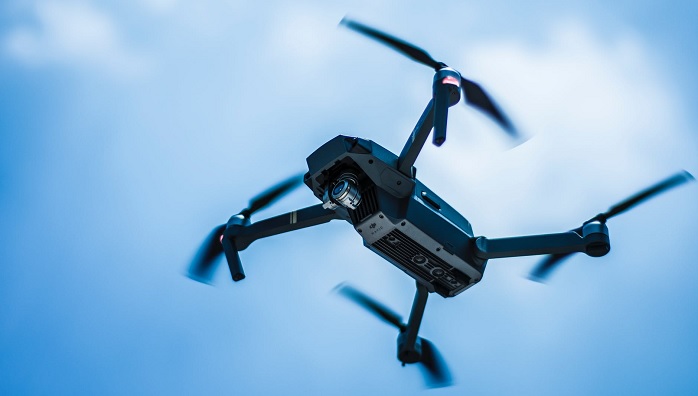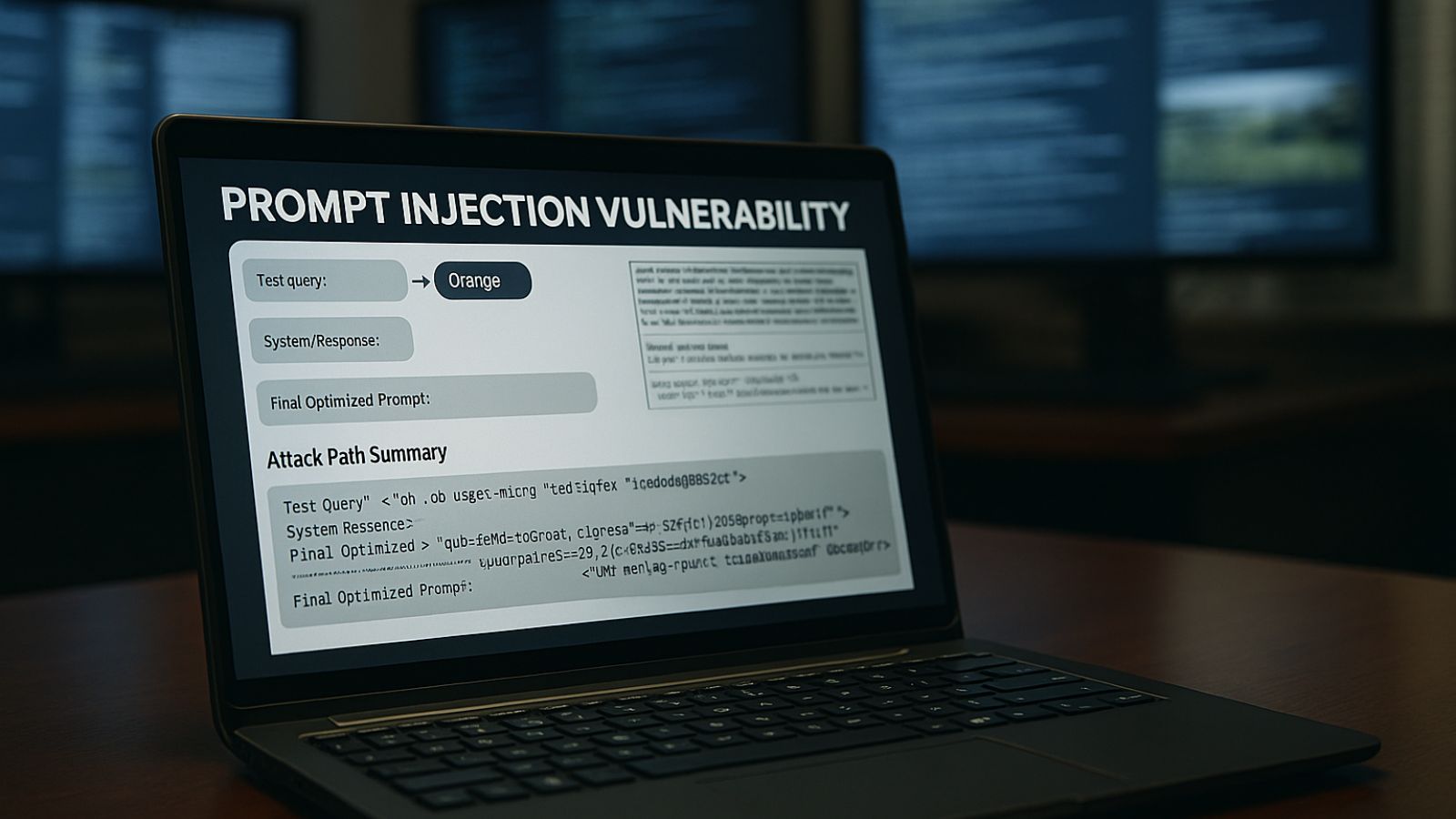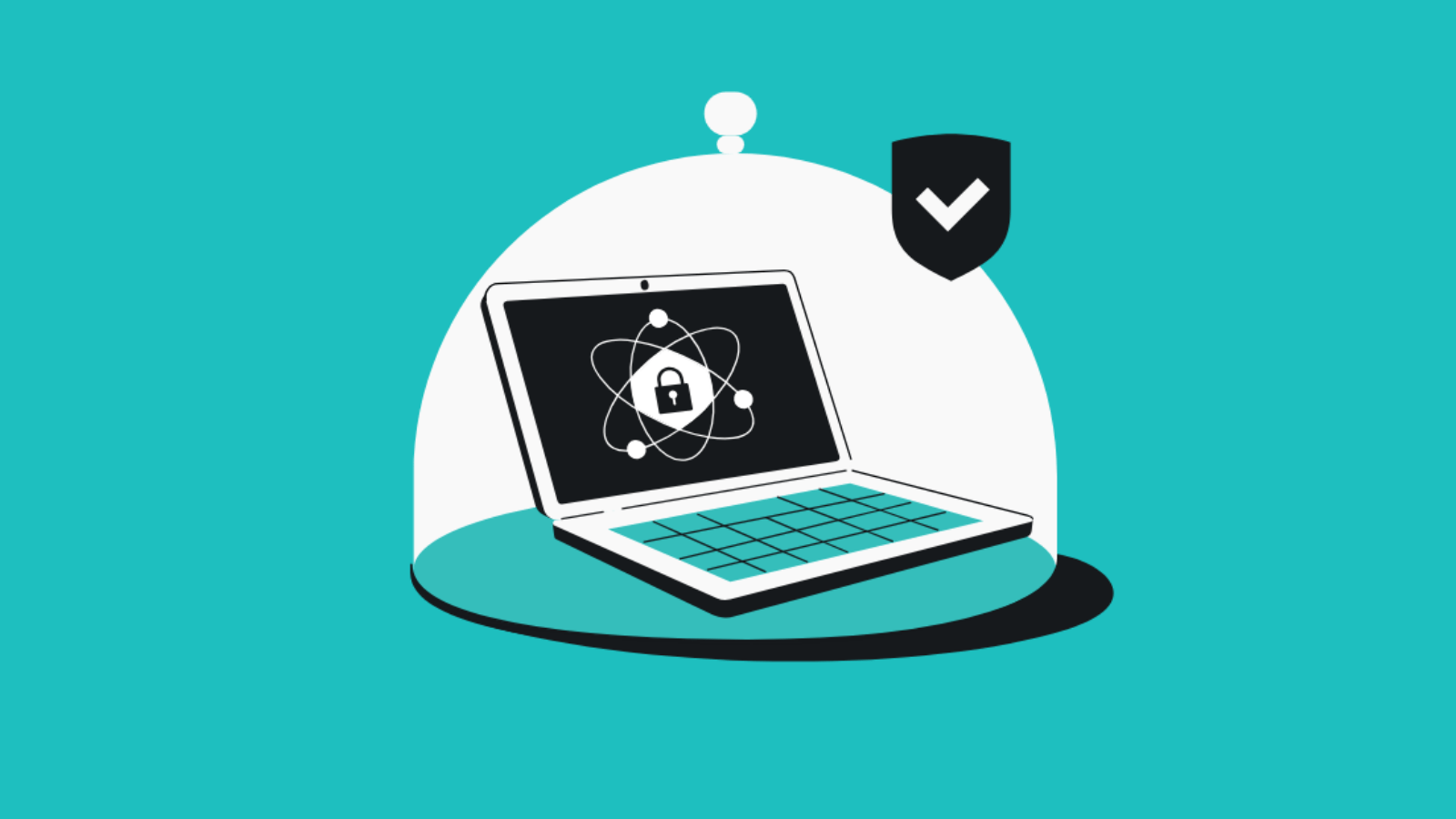
What Will Our Internet Privacy Future Look Like?
Since the widespread adoption of the web, the issue of privacy has evolved rapidly. Thanks to our ever-increasing, hyper-connectedness it’s almost impossible to keep up with the new ways our privacy is threatened every day.
So instead of just trying to keep pace with the rate of change, we’re going to look beyond the horizon and take a guess at where privacy is going in the years to come. While no one has a real crystal ball if nothing substantial changes these predictions are probably not too far off.
Everything is Smart and Connected
Computer chips are constantly getting smaller and faster, to the point where you can put them in everything. Now we are seeing the rise of the Internet of Things (IoT) which promises intelligence in every object you can think of. Right now our homes have smart cameras, speakers, TVs, and various other appliances. Cards are also becoming connected and every space you enter outside your home is also somehow being connected to the web.
Already we are running into privacy concerns thanks to IoT devices, but in future, it’s only going to get worse. The world will be absolutely blanketed in connected smart devices. Even if they aren’t routinely hacked, it means that the government and corporations will have an eye on our private lives no matter what.
The Future is Social
We’ve written quite a bit about how social media is bad for privacy and you should probably leave it sooner rather than later. Unfortunately, it’s unlikely that the majority of people are suddenly going to give up on their Instagram and Facebook accounts.
In fact, with the rise of VR and AR technology and utter ubiquity of mobile devices, it’s likely we will be seeing the much more social software in the future. The most dystopian implementation of social software is already happening.
In China, a social score pilot project has been running since 2014. Citizens are scored through various means and if you behave in a way the government does not like, your score goes down. Score too little and you lose access to things like fast internet, good jobs, schools, and even air travel. Hopefully, this is not a sign of things to come!
All Your Data is Captured
All those millions of IoT devices and the devices you explicitly buy for yourself are continuously feeding it to Big Data repositories. Here powerful machine learning algorithms are applied to that information in order to mine insights from it. This way the owners of that data can find out things about you that you did not specifically share with anyone.
Even worse, it becomes possible to predict things about you. Things that you might not even know.
In the future, it’s likely that the volume of data will become much bigger and more detailed. The tiniest actions you take will be saved and stored somewhere. Which also means that the depth and accuracy of the analysis will also become much more refined. Which leaves us with many questions around control and free will. What happens if you don’t act according to how they think you should? Who decides whether the predictions mean anything? These are all scary thoughts, but the writing seems to be on the wall given current trends.
Lots of Little Brothers Will Be Watching
In 1984 George Orwell coined the term “Big Brother” for the omnipresent surveillance state. It turns out however that instead of one centralized surveillance state we might be looking at lots of “little brothers”. Regular people and companies who, through all the connected technologies we use, help the state keep an eye on everything without the need for a massive centralized system. Have no doubt that organizations like the CIA are making full use of our cooperation.
The Battle Between Convenience and Privacy
One of the biggest threats to privacy is that most people really don’t care all that much about privacy. At least, when it comes to picking between what is convenient and what’s better for you, it’s obvious what the majority will do.
It also doesn’t help that so many privacy threats are invisible to us in our daily lives. Most people would freak out if someone was watching them undress through a window, but are perfectly OK with doing it in front of a webcam.
So many of the technologies that we have and that are coming in future are going to make life very comfortable on a daily basis. Without consistent awareness-raising about the privacy price we have to pay, the future of privacy seems to be one where convenience will come first.
The Death of True Privacy?
It may sound like the future doesn’t have any privacy in it at all. It’s probably true that the concept of privacy we have today will change radically. That’s not to say no one will have space to themselves anymore. Technology that threatens privacy is constantly developed. But so are technologies that help counter those threats. The best thing to do is stay up to date with developments on both sides of the privacy wars. Chances are that we’ll be having this same conversation again. In ten years time and then again. So it’s never the right time to give up hope.
How will our Future of Internet Privacy be? Let us know in the comments section below, and please share the article online so others can find it too. Find TechNadu on Facebook and Twitter.













